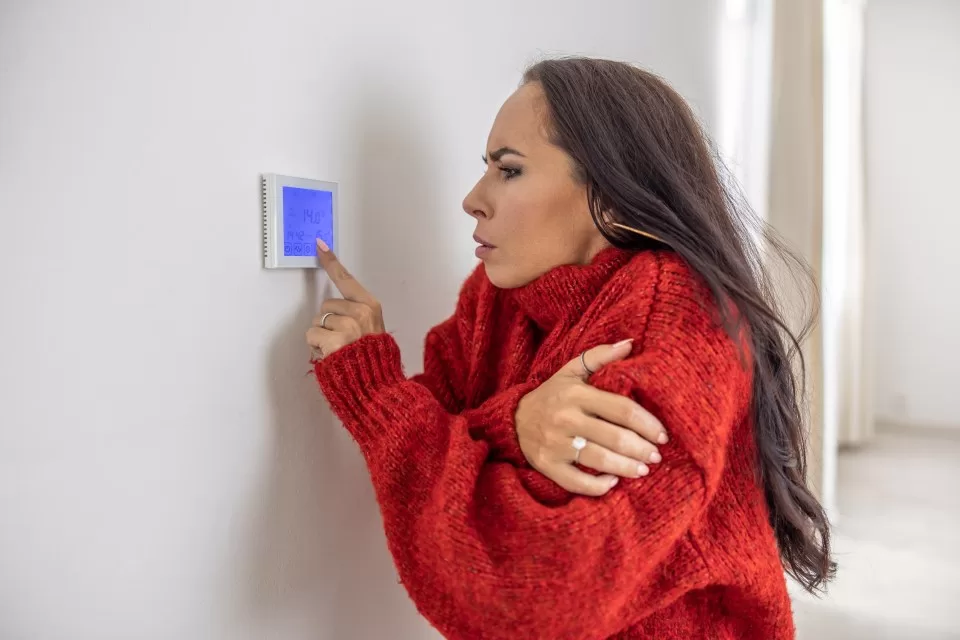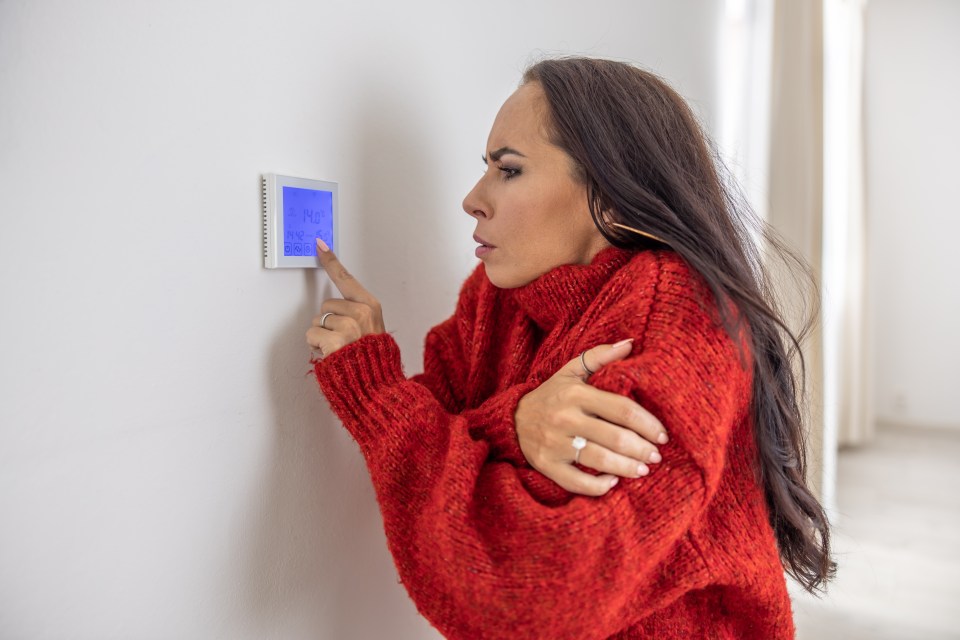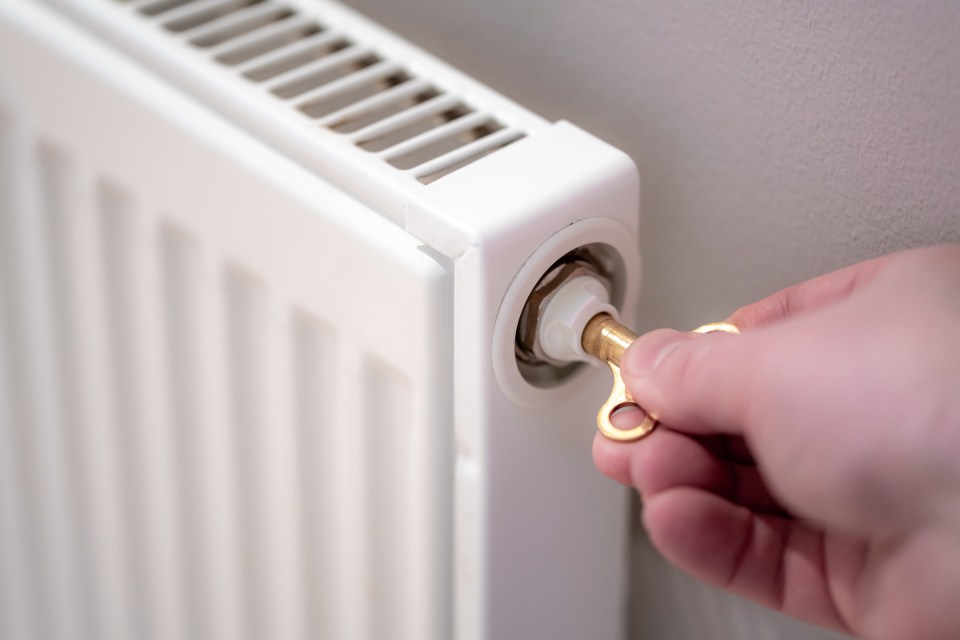AS the days grow shorter and the temperatures begin to drop, many of us find ourselves caught in the annual dilemma: to turn on the heating or to hold out just a bit longer.
And with Ofgem recently raising its energy price cap to £1,717 – a 10% increase from the previous quarter – homeowners may just be opting for wearing another layer rather.
The squeeze will be even harder for pensioners, with an estimated 10 million in England and Wales set to lose out between £200 – £300 due to plans to cut the Winter Fuel Allowance.
A survey reveals that nearly half of pensioners who lose their winter fuel allowance intend to heat and live in just one room.
Previously, one in five people had this plan, but an additional 29 per cent will now adopt this drastic measure due to the cut.
The survey coincides with campaigners delivering over 500,000 signatures to Ministers, urging them to safeguard the payment, which can be worth up to £300.
READ MORE ON HEATING HACKS
About 44 per cent of older adults indicated that losing this benefit would adversely affect their physical health during the winter.
The new polling by Independent Age also found that 43 per cent of older individuals plan to wear outdoor clothing, such as hats and coats, while indoors.
But experts have revealed a trick to help ease the strain for homeowners and their heating bills.
And according to Stephen Day, a heating expert from iHeat, a simple 99p tool could be the key to reducing heating costs and saving households up to 20% on their heating bills.
He says: “A heating system that is running efficiently can save you as much as 20% off of your energy bills, meaning you could save over £300 just by doing some simple maintenance.”
According to Stephen, the easiest and cheapest way to ensure your radiators are working efficiently is by using a 99p radiator valve key to bleed your radiators before the cold weather hits.
Stephen adds: “Over time, air can become trapped in your home’s central heating system, preventing radiators from warming evenly.
“This causes cold spots and forces your boiler to work harder, consuming more energy to maintain the desired temperature.
“The result? Higher energy bills.
“This task often goes overlooked, but for less than the price of a cup of coffee, you can make sure you get your money’s worth every time you pop the heating on.
“The good news is that bleeding radiators is easy, even for those without technical expertise, and takes just minutes to do.”
How to bleed your radiator
Start by turning off your heating, and let your radiators cool down to avoid any risk of burns or leaks.
Next, locate the bleed valve – this is typically found at the top of the radiator.
Then get the radiator key, insert it into the valve and turn it slowly anti-clockwise.
You’ll hear a hissing sound as trapped air escapes.
Then once water starts to drip out, turn the key clockwise to close the valve.
Finally, check your boiler pressure.
After bleeding the radiators, ensure your boiler is at the correct pressure level.
You can usually find out what level of pressure it should be at in your boilers manual.
5 ways to keep your house warm in winter
Property expert Joshua Houston shared his tips.
1. Curtains
“Windows are a common place for the outside cold to get into your home, this is because of small gaps that can let in air so always close your curtains as soon as it gets dark,” he said.
This simple method gives you an extra layer of warmth as it can provide a kind of “insulation” between your window and curtain.
2. Rugs
“Your floor is another area of your home where heat can be lost and can make your home feel chilly,” he continued. “You might notice on cold days, that your floor is not nice to walk on due to it freezing your feet.
“Add rugs to areas that don’t already have a carpet, this provides a layer of insulation between your bare floor and the room above.”
3. Check your insulation
Check your pipes, loft space, crawlspaces and underneath floorboards.
“Loose-fill insulation is very good for this, and is a more affordable type of insulation, with a big bag being able to be picked up for around £30,” Joshua explained.
4. Keep your internal doors closed
“Household members often gather in one room in the evening, and this is usually either the kitchen or living room,” Joshua said.
“This means you only have to heat a small area of your home, and closing the doors keeps the heat in and the cold out.”
5. Block drafts
Don’t forget to check cat flaps, chimneys and letterboxes, as they can let in cold air if they aren’t secure.


